Climate change is already affecting our health
The health care industry is responsible for 8% to 10% of harmful emissions in the United States.
Lisa Romero, senior community health specialist for Kaiser Permanente, presented at the Hot Issues in Health conference.
As global temperatures continue to rise, the effects of climate change are threatening people’s health and quality of life.
Recently, we’ve seen an increase in wildfires, flooding, drought, and extreme heat conditions. These extreme conditions affect the health of people and our communities. Climate change is a factor in extreme heat that can cause heat stroke and dehydration, increased rates of infectious diseases, air pollution and wildfires that can worsen respiratory illnesses, and extreme weather events that can cause both physical and psychological injuries.
We believe it is our obligation as a health care provider to minimize our environmental impact — and this is reflected in how we power our facilities, purchase food and medical supplies and equipment, manage waste, and invest in our communities.
In 2023, Kaiser Permanente in Colorado was honored by the Colorado Green Business Network for our dedication to sustainability across multiple aspects of our operations, from using energy and water to promoting community health and climate resilience. The Colorado Green Business Network is a voluntary program that encourages, supports, and rewards organizations that make the move toward the goal of true, operational sustainability. We also prioritize partnerships with others to develop policies and systems that strengthen community health and protect our environment.
In partnership with the Colorado Health Institute, we recently identified recommendations for health systems and philanthropic organizations to support, lead, and advance solutions to help reduce the health impacts of climate change on our communities.
“Climate change is already taking a toll on Coloradans' physical and mental health. We all need to work together to prepare our communities and protect Coloradans — especially those who are most vulnerable,” said Sara Schmitt, president and CEO, Colorado Health Institute.
The final report — Advancing Climate Resilience for Community Health — highlights 3-key takeaways from this work.
- Climate change is already affecting people’s health and worsening existing inequities. Health care systems and philanthropic organizations have the influence and resources to help Coloradans adapt and become more resilient.
- Health care systems are committed to advancing community health and they employ one of the most trusted workforces. They are also significant contributors to global carbon emissions. As such, health care systems have an opportunity and responsibility to take a leadership role in addressing climate change.
- Health care systems and philanthropic groups can make a difference in several key areas: education, advocacy and leadership, community health initiatives, data and research, and assessment.
Lisa Romero, MPH, senior community health specialist, Kaiser Permanente, recently attended and participated on a discussion panel with other experts at the Hot Issues in Health conference, organized by the Colorado Health Institute.
The panelists highlighted many of the environmental concerns that directly affect our health. Romero also highlighted the ways Kaiser Permanente, the largest nonprofit health care organization in Colorado, is reducing our environmental impact and supporting community-led efforts to build climate resiliency.
“Partnering with Lisa and a health care system like Kaiser Permanente has been a great asset to Acclimate Colorado’s work. Their influence with health care partners and philanthropic organizations will go a long way toward improving the health of all Coloradans,” said Karam Ahmad, director, Colorado Health Institute.
After participating at the conference Romero observed increasing interest and engagement from multiple sectors about building climate resilience in our communities. “It was great to see a wide variety of individuals and organizations interested in climate resiliency work. Understanding the connections between climate and health is essential, and we all have an important role to play in protecting our health in the face of environmental hazards.”
-
Social Share
- Share Climate Change is Already Affecting Our Health on Pinterest
- Share Climate Change is Already Affecting Our Health on Linkedin
- Share Climate Change is Already Affecting Our Health on Twitter
- Share Climate Change is Already Affecting Our Health on Facebook
- Print Climate Change is Already Affecting Our Health
- Email Climate Change is Already Affecting Our Health
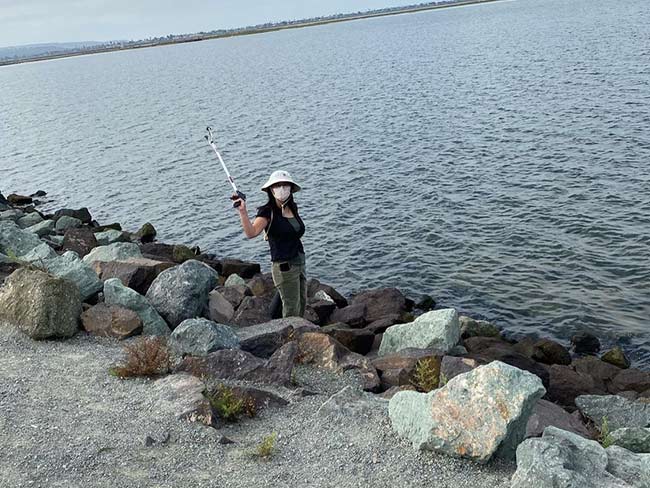
April 17, 2024
‘What I want you to know about climate change’: 9 stories
Healthy people need a healthy planet. Nine of our employees share how our …

April 12, 2024
It’s time to address America’s Black maternal health crisis
Health care leaders and policymakers should each play their part to help …

March 21, 2024
Healthy environment, healthy people — Earth Day and every day
Every action counts when it comes to tackling climate change and its impacts …

March 19, 2024
Fostering responsible AI in health care
With the right policies and partnerships, artificial intelligence can lead …

February 12, 2024
Proposition 1 would bolster mental health care in California
Kaiser Permanente supports the ballot measure to expand and improve mental …

January 31, 2024
Prioritizing policies for health and well-being in Colorado
CityHealth’s 2023 Annual Policy Assessment awards cities for their policies …

January 22, 2024
Solutions for strengthening the mental health care workforce
Better public policies can help address the challenges. We encourage policymak …

December 20, 2023
Funding solutions to end gun violence
Researchers and organizations are exploring inventive ways to reduce gun …

November 13, 2023
Congress must act to address drug shortages
Kaiser Permanente is working to address drug shortages and support policies …

October 11, 2023
Expanded gun violence prevention efforts
The next phase for the Kaiser Permanente Center for Gun Violence Research …

September 21, 2023
Researching climate and health solutions
Kaiser Permanente is partnering with the National Academy of Medicine.

September 8, 2023
Regulated waste settlement in California
We are committed to the well-being of the environment and protecting the …

September 6, 2023
Advancing mental health crisis care through public policy
Organizations that provide public mental health crisis services must work …
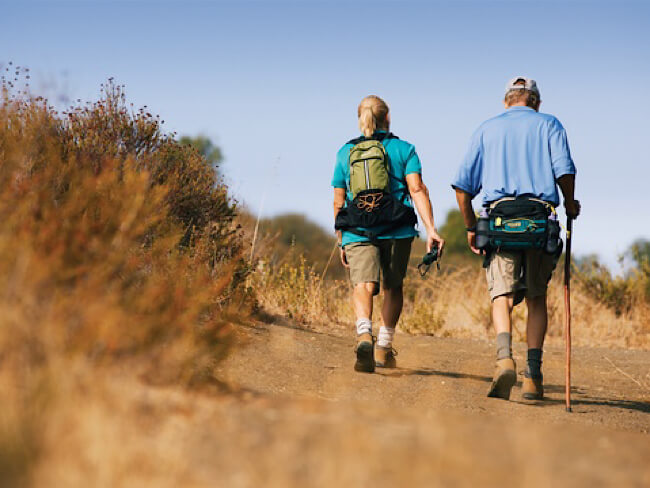
August 18, 2023
Protect your heart when temperatures soar
Excessive heat and pollution can increase your risk of experiencing dangerous …

August 18, 2023
Supporting the people of Maui
The people of Kaiser Permanente and Maui Health are delivering care, service, …

August 15, 2023
Diane Comer to retire as chief information technology officer
IT organization will move to report to Yazdi Bagli, executive vice president, …

August 7, 2023
Kaiser Permanente opens new medical center in San Marcos
The new medical center in San Diego County expands access and care for …
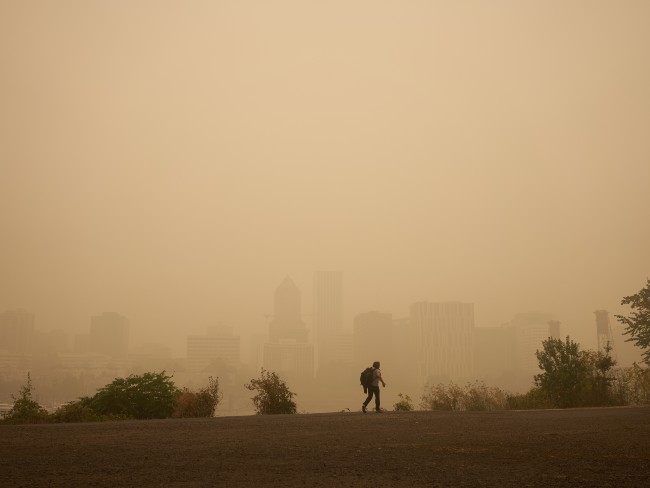
July 27, 2023
Prepare for wildfires
Fires and the smoke they create can be physically dangerous and mentally …

July 11, 2023
Our prescription for safe, effective, more affordable drugs
Our approaches ensure effectiveness and safety, and drive cost savings. …
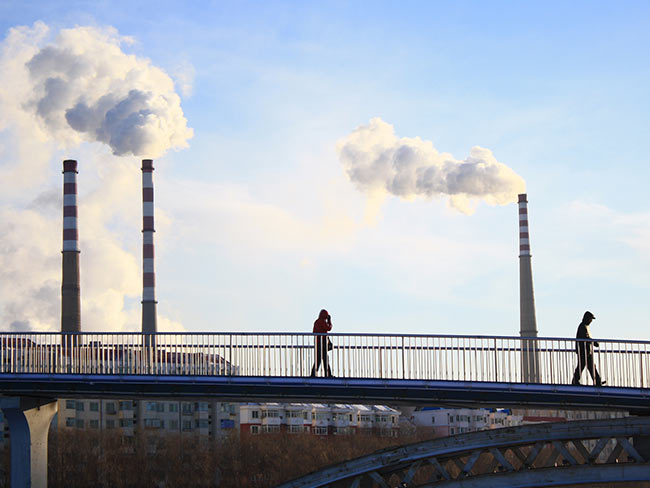
June 7, 2023
Engaging businesses for action on climate and health equity
New climate collaborative with BSR announced at joint Kaiser Permanente …

June 1, 2023
Policy recommendations from a mental health therapist in training
Changing my career and becoming a therapist revealed ways our country can …

April 25, 2023
Nari Gopala named chief digital officer
Gopala will be responsible for leading Kaiser Permanente's digital transformat …

April 11, 2023
Collaboration is key to keeping people insured
With the COVID-19 public health emergency ending, states, community organizati …

March 7, 2023
Hiring alone won’t solve the health care worker shortage
For America to build — and keep — a health care workforce big enough to …

February 24, 2023
Current air pollution standards tied to higher heart risks
Kaiser Permanente study of 3.7 million adults provides support for strengtheni …

January 17, 2023
Lawmakers must act to boost telehealth and digital equity
Making key pandemic-era telehealth policies permanent and ensuring more …
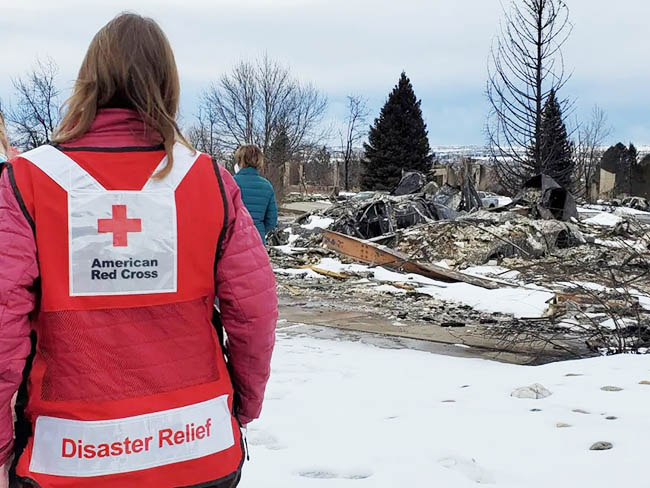
January 17, 2023
Increasing community resilience with disaster readiness
Kaiser Permanente partners with the American Red Cross to help address …

November 9, 2022
Applauding California’s ban on flavored tobacco
Voters passed Proposition 31, allowing the law banning these addictive …

November 8, 2022
Protecting access to medical care for legal immigrants
A statement of support from Kaiser Permanente chair and CEO Greg A. Adams …

October 7, 2022
Targeted relief during dangerous temperatures
Innovative outreach targeted vulnerable Kaiser Permanente members who were …

October 6, 2022
We’re a Fast Company Innovation by Design winner
Kaiser Permanente is the first health care organization to win Design Company …

October 5, 2022
Safe travels: Our members now have more U.S. care options
Need urgent care in Florida? Michigan? Alaska? Here are 2 ways we’ve made …

September 16, 2022
Voter participation advances equity
National Voter Registration Day aims to register eligible voters and ensure …

September 13, 2022
Creating tobacco-free communities
Kaiser Permanente backs national efforts to ban flavored tobacco.

August 16, 2022
Our support for the Inflation Reduction Act
A statement from chair and chief executive Greg A. Adams on the importance …
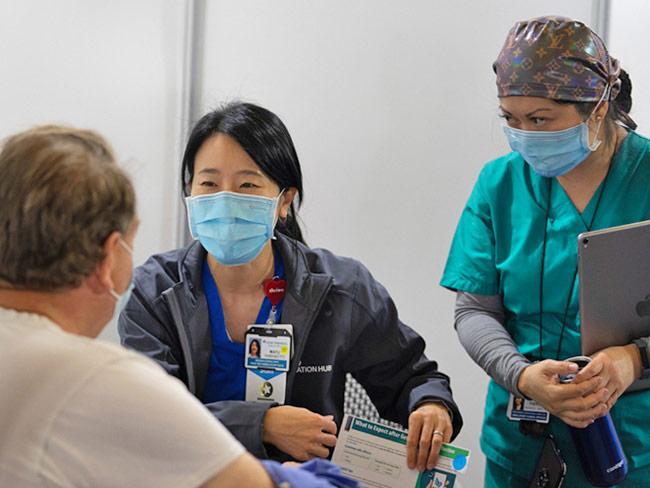
August 12, 2022
Preserving affordable health care coverage for millions
Congress should act to make COVID-19 policies permanent and ensure millions …

June 16, 2022
Leadership and innovation to prevent gun injuries and deaths
Kaiser Permanente’s new Center for Gun Violence Research and Education …

May 29, 2022
Gun violence is a public health crisis. A preventable one.
We must do more to prevent gun violence and educate on its health implications …

May 2, 2022
How to transform mental health care: Follow the research
We applaud President Biden and Congress as they begin to set policies that …

April 15, 2022
Feeding Southern California families in need
Our Food for Life initiative has helped reduce food waste and in 2021 made …
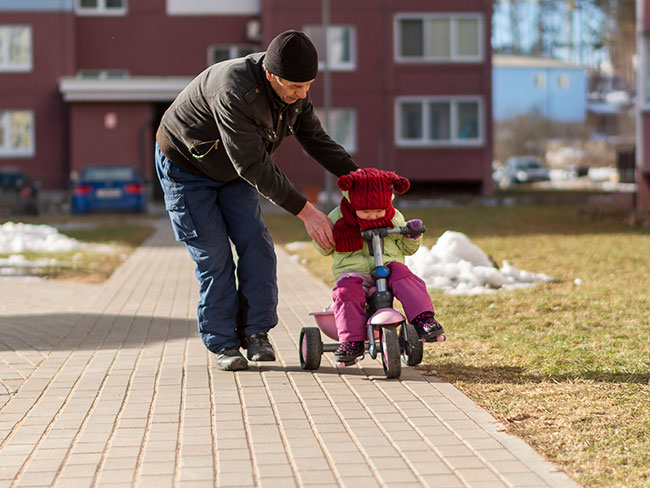
February 28, 2022
Private investments in housing are critical — and not enough
Public policy changes and private investments together are needed to end …
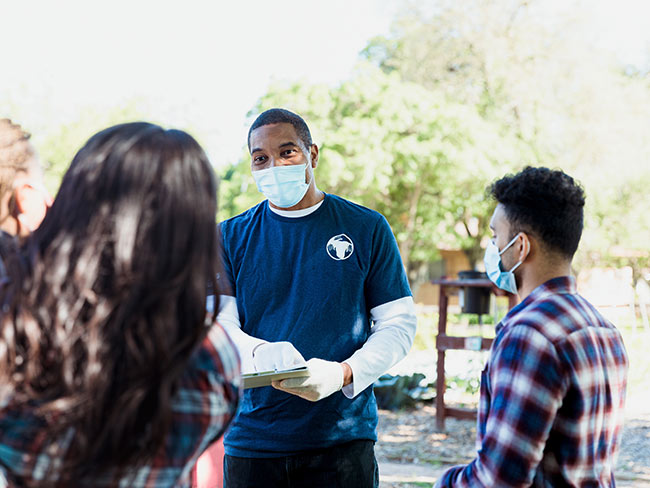
February 1, 2022
Improved public health relies on stronger partnerships
When public health systems work together with health organizations, community …
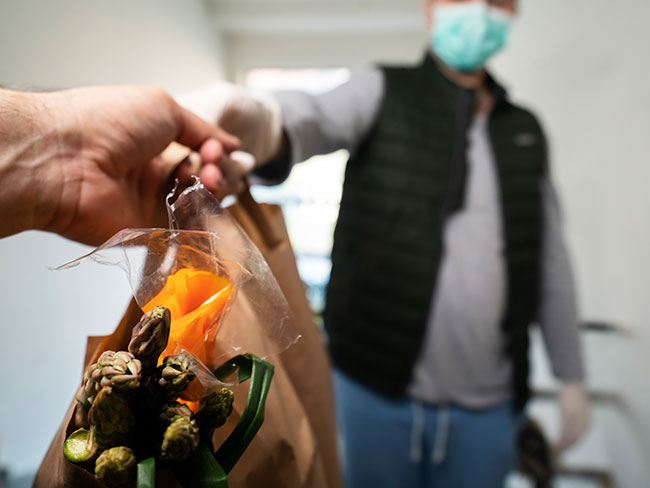
January 6, 2022
Supporting Colorado wildfire, disaster relief and recovery
To help people impacted by the fires in Boulder County, which displaced …

December 21, 2021
Leading in sustainable building design
Kaiser Permanente tops LEED health care facility rankings, demonstrating …

December 7, 2021
Can the badly broken prescription drug market be fixed?
High drug prices are a key reason health care is unaffordable for millions …

October 20, 2021
Safer products
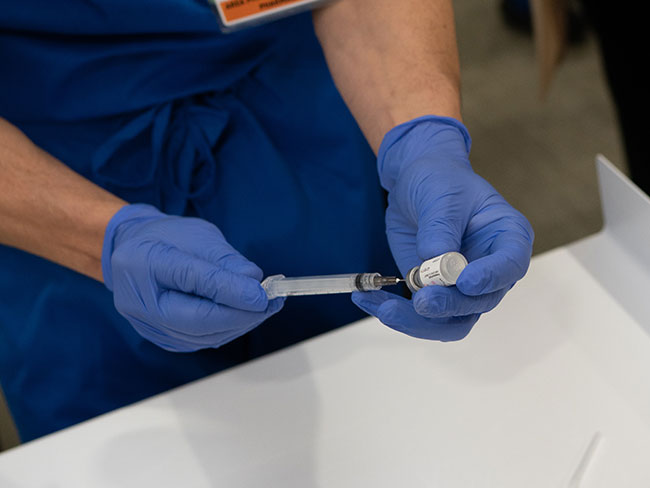
October 12, 2021
Beyond advocacy: Requiring vaccination to stop COVID-19
Kaiser Permanente and other leading companies are mandating COVID-19 shots …

July 30, 2021
Pairing doctors with your devices for improved health
Wellness and fitness-tracking devices can help doctors and patients coordinate …

July 13, 2021
Taking a stand against anti-Asian hate
Kaiser Permanente and Advancing Justice — AAJC support Asian Americans, …

July 13, 2021
The Northwest
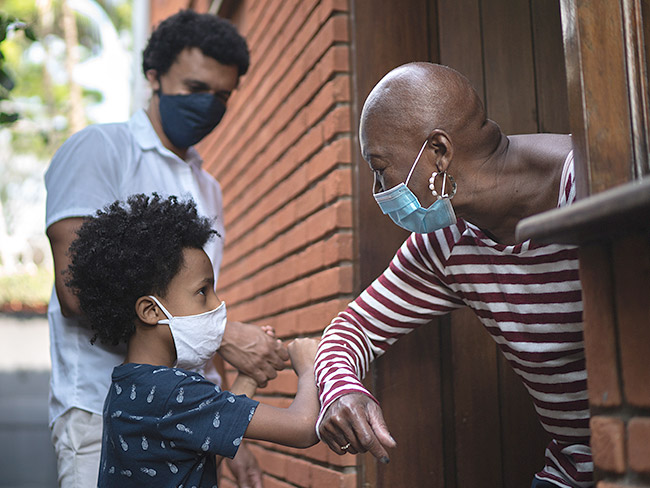
July 7, 2021
Achieving health equity
Equal medical care is not enough to end disparities in health outcomes.

July 2, 2021
Fireworks can cause wildfires, serious injury, and death
This Fourth of July, celebrate safely with family and friends.

April 30, 2021
Our support for banning menthol cigarettes, flavored cigars
Kaiser Permanente applauds the Food and Drug Administration’s commitment …

April 27, 2021
Health data privacy
Protecting our members’ personal health information

April 23, 2021
Medicaid
Delivering high-quality Medicaid coverage and services

April 2, 2021
Our support for voting rights
A statement from CEO Greg A. Adams on voting rights in America.

January 15, 2021
The fastest path to care
Available 24/7 with no appointment, e-visits offer Kaiser Permanente members …

October 7, 2020
Advancing health equity in education and the workplace
Kaiser Permanente supports California measure allowing universities and …

June 15, 2020
Celebrating workplace equality
Kaiser Permanente applauds Supreme Court decision to protect gay and transgend …

May 26, 2020
Managing addiction during the COVID-19 pandemic
Helping people strengthen connections, maintain healthy routines, and find …

April 27, 2020
Health care reform
Affordable, accessible health care and coverage

March 1, 2020
Prescription drug pricing
Bringing down the high cost of medication
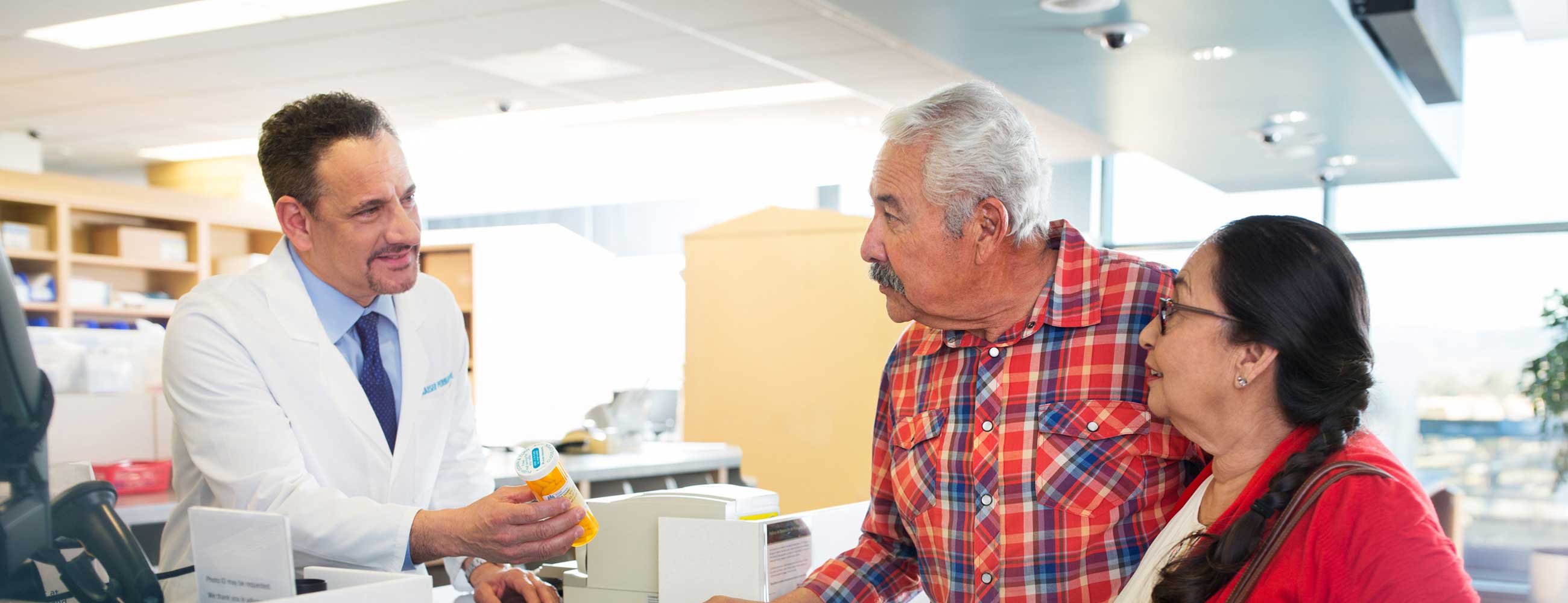
February 29, 2020
California
News and perspectives on public policy in California
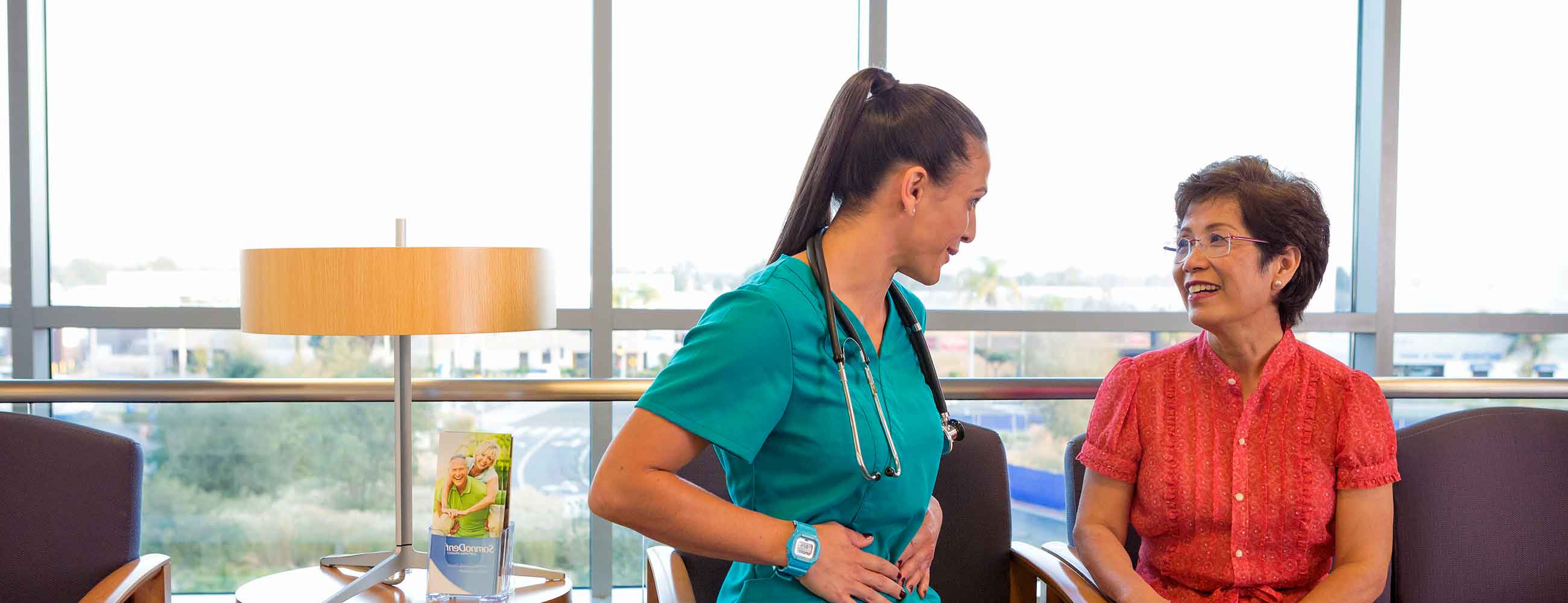
February 1, 2020
Hawaii

June 5, 2019
Breaking LGBT barriers for Kaiser Permanente employees
“We managed to ultimately break through that barrier.” — Kaiser Permanente …

July 31, 2018
Collaboration

July 31, 2018
Sustainable food

July 31, 2018
Waste reduction
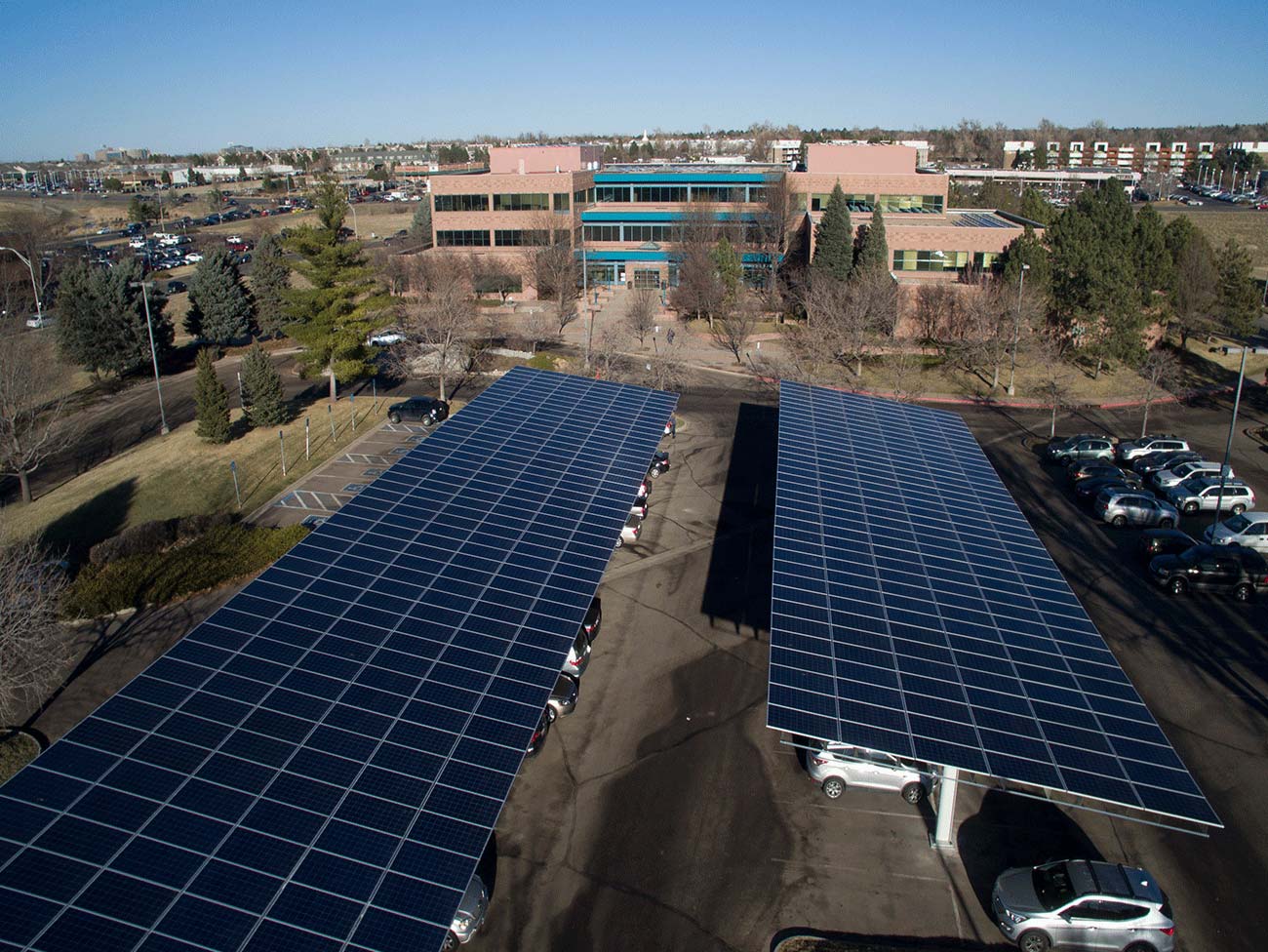
July 31, 2018
Climate action

July 31, 2018
Water conservation

July 31, 2018
Environmental stewardship

April 19, 2018
Wasting nothing: Recycling then and now
Environmentalism was a common practice at the Kaiser shipyards long before …

April 20, 2016
Henry J. Kaiser’s environmental stewardship
Since the 1940s, Kaiser Industries and Kaiser Permanente have a long history …
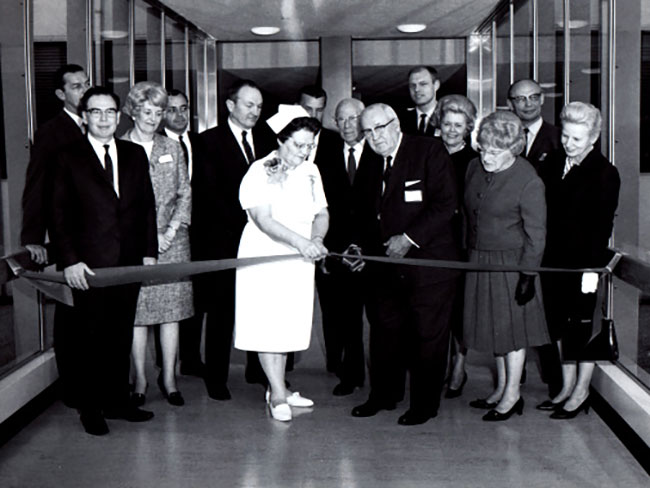
October 8, 2013
Northwest Region started small and grew fast
Kaiser Permanente remained and opened the Northwest Region after World …

September 23, 2013
Kaiser Permanente pioneered solar power in health facilities in 1980
Santa Clara Medical Center hosted a solar panel project in 1979 to demonstrate …

October 20, 2010
Our long-standing commitment to sustainability
Kaiser Permanente invited Rachel Carson to speak after she published "Silent …

Fresh corn soup with poblano chilis

January 1, 1999
Georgia

January 1, 1999
Washington
